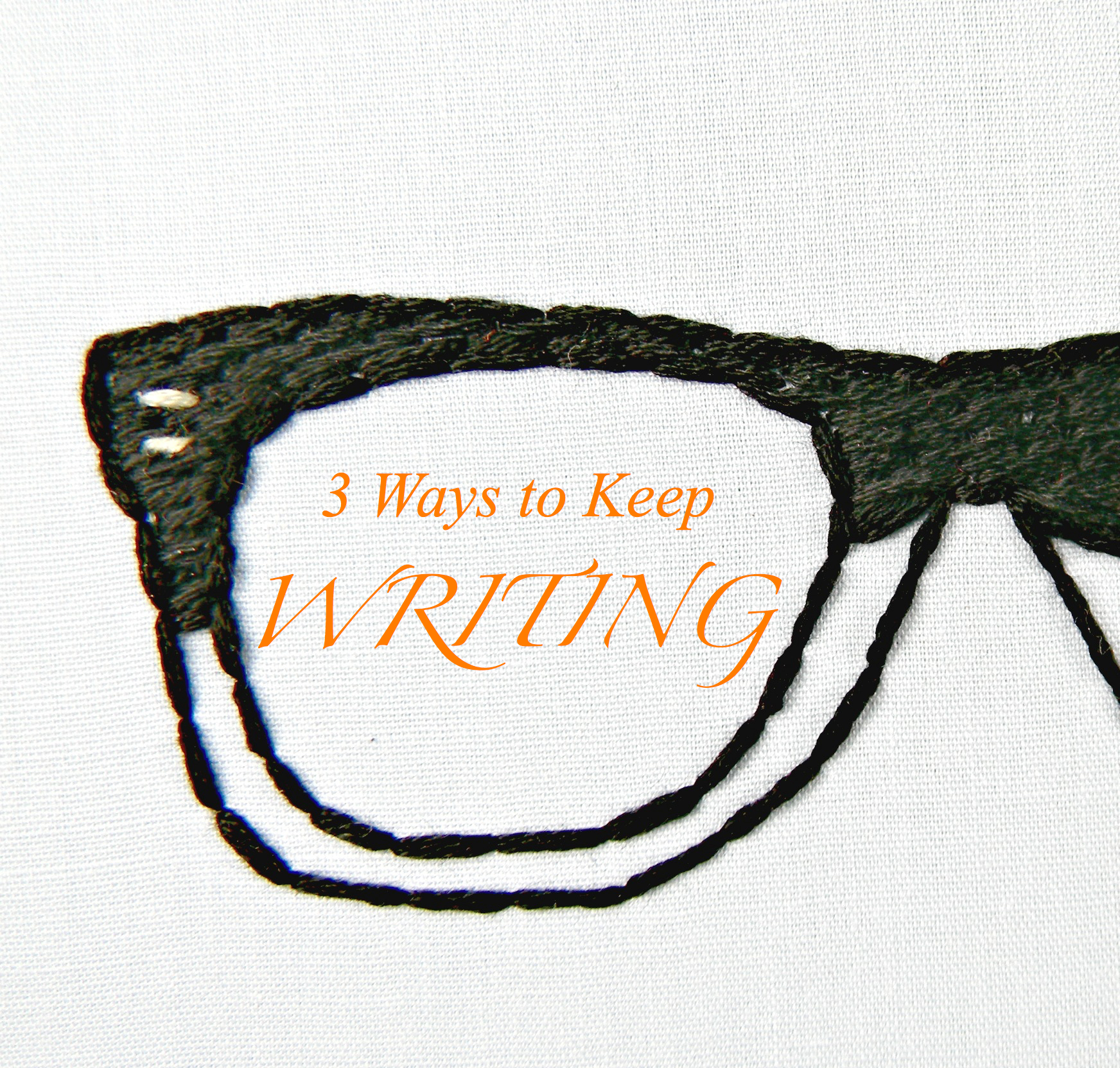
Committed Writer or Dabbler?
Hey guys, I wanted to kick this whole thing off by welcoming you to the ranks. (Though I’m sure…
July 23, 2017
Hey guys, I wanted to kick this whole thing off by welcoming you to the ranks. (Though I’m sure…
July 23, 2017
So, I’m going to be talking about sex today. Again. My last article on the subject had more to…
June 9, 2017
3-Step Plan for A SPEC-tacular Audience By now you have already noticed the play on words, and I’ll admit…It…
July 28, 2016
Following Up After a Conference Well hey! You made it to part three! O thou hast come far… seriously…
June 28, 2016
Preparing for a Conference So you have respectable goals, and you’ve paid for the conference. Now it’s time you…
April 27, 2016
Setting Goals for a Conference Hello, my fantastic reader. It’s come to my attention that the season of writing…
April 7, 2016
3 Ways To Keep Writing WARNING: This post is not meant to stress you, and if all…
February 28, 2016
Wielding Original Tweaks I try to come up with as many Characters as I can. This can…
November 16, 2015
Worlds of the Complex Nature So we’ve got a great story idea, and we’ve got two great characters now…
October 23, 2015
Worlds of the Complex Nature So we’ve got a great story idea, and we’ve got two great…
October 12, 2015
OCD—Original Composition Disorder Sometimes it’s hard to be original—especially in today’s world. We see a good story, we like…
August 22, 2015
Now is the time to get into the writing industry. Being young and gorgeous has its advantages (not that…
July 16, 2015